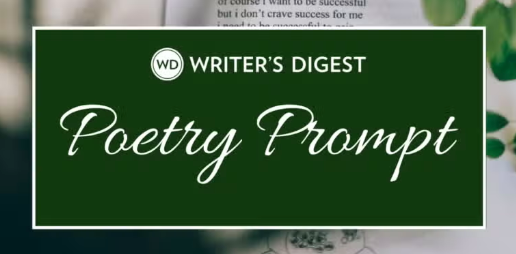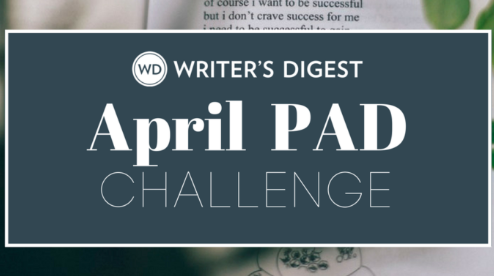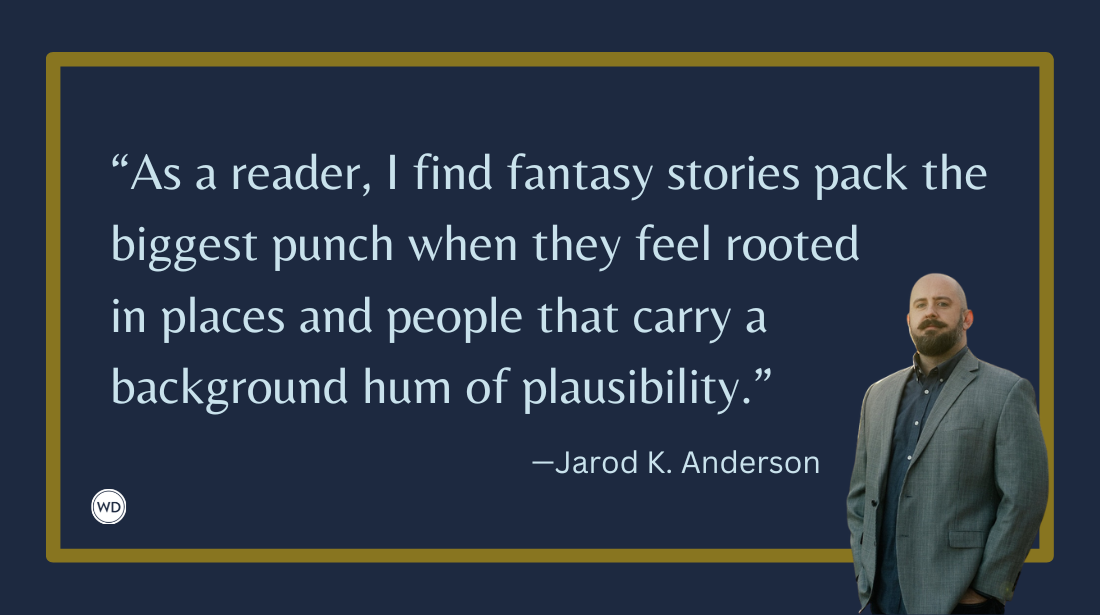Interview With Poet Terri Kirby Erickson
When the site was redesigned recently, there were some posts that were lost. This post was part of that group, but it was fairly recent, so we’re able to reconstruct…
When the site was redesigned recently, there were some posts that were lost. This post was part of that group, but it was fairly recent, so we're able to reconstruct it somewhat here. The timing is actually fortuitous, because Press 53 has just released a limited hardcover edition of Erickson's collection In the Palms of Angels. Click here to learn more.
What I really admire about this particular collection is Erickson's ability to build real characters and evoke real emotions. As an example, here's one of my favorites from her collection:
Woman on the Phone, by Terri Kirby Erickson
A tired little boy curls on the floor,
on the stair--wherever his mother
stands, talking on the phone. He
clutches a cotton blanket, sucks his
thumb as if his skin is honey. Some
day he'll meet a girl, fall in love.
When she leaves a room, the boy
will feel as if the wind has blown
through it, taking everything. For
now, however, he sees no one but
his mother--as if he is a sunflower,
and she, his only source of light.
*****
What are you currently up to?
I’m working as hard as I can to promote my new poetry collection, In the Palms of Angels, (my ultimate goal being to help make poetry as popular as NASCAR!),but I’m not writing much at the moment. My husband was recently diagnosed with a serious medical condition that requires surgery, so the majority of my time lately has been spent preparing for this eventuality, and keeping him entertained and distracted.
I’ve often said, “If I can make it funny, I can stand it,” so we try to keep the “atmosphere” around here on the light and optimistic side. Besides, we have every reason to believe he will make a full and speedy recovery. And like most guys I know, he isn’t into talking about his feelings, anyway, so we just hold hands a lot and rent funny movies.
Your poems often seem to document moments that often encompass something larger. Do you have a way that you mine (or create) these moments?
A friend once put together a collage that contained the words, “Every moment counts.” This simple statement is among the most meaningful I’ve ever read. Every minute I’m alive feels like a miracle, so I pay close attention to the world around me and am able to recall a lot of detail when I write. It is the process of imbuing these details with the kind of meaning that makes for a good story or at least of a piece of a story, that is the artistic challenge when writing poetry.
Either I have something to say or I don’t, and finding out if I do requires sitting down and thinking about what I’ve seen, heard and experienced and playing with language for a while, to see what happens. Sometimes nothing comes of it other than maybe my foot falls asleep! Other times, everything comes together in a way that feels almost like magic, and makes a poem.
Some of your poems are first person narratives. Two-part question: First, how many of these first person narratives are about you? Second, how much truth do you put into your first person narrative poems?
Some of the poems in first person are not about me at all—some in third person are. In the sense that the word “true” can mean not only “accurate,” but sincerely felt or expressed, all of my poems are true. I will admit, however, that I have a very vivid imagination that works alongside my memory for detail.
Your collection also includes poems of faith. Do you consciously set out to write faith poems, or do you think it’s your lifestyle coming out?
C.S. Lewis wrote, “I believe in Christianity as I believe that the sun has risen: not only because I see it, but because by it I see everything else." I have had a deep faith in and relationship with God since childhood and choosing to believe in Him is more than a lifestyle. It is a decision that colors everything. At the same time, I don’t use my poetry as any kind of evangelistic platform because I respect everyone’s right to worship the God of his or her understanding, or nothing at all. But expressing a love for God in my poetry feels just as natural to me as writing about how much I love my husband, my daughter, my parents, sunflowers, the ocean or my grandma’s pound cake! My faith is part of who I am and therefore, is evident in my work.
From your acknowledgements, it appears you’re hooked up with a lot of the North Carolina poets. How important do you think community is for poets?
I started late in life trying to become a professional poet, and the support of other writers, particularly North Carolina writers, meant so much to me. It still does, and I do my best to return the favor by buying other poet’s books when I can afford them, attending their events, etc. I think people of all professions enjoy being around others who share their interests and experiences—but since writing is such a solitary pursuit, it is particularly rewarding for writers. Also, it doesn’t hurt to be “known” in the poetry community so that information and opportunities you might otherwise miss might come your way.
When I received your book, it had a business card in it. Between receiving your book and sending you questions, you were very proactive and professional in following up with me. How important do you feel self-promotion is for poets?
It is absolutely essential in my view. Granted, it would be easier if we could write brilliant poems and just toss them out the window to waiting hordes of slavering admirers, but it doesn’t work that way! And the majority of poets publish with small presses so we don’t have teams of marketers to advertise our work for us. For the most part, we have to be the ones making sure the public finds out about our publications whether it’s through speaking engagements, radio, newspaper and magazine interviews, reviews of our work—whatever it takes to advertise our books in such a way that people want to read them. Also, a little kindness and care goes a long way toward building good relationships with publishers, editors, reviewers, fellow writers, people in the media and all the folks who are hopefully going to buy our books.
Who (or what) are you currently reading?
At the moment, I’m reading The Man Who Smiled by Swedish novelist and mystery writer Henning Mankell. My husband is an American-born Swede and we’ve been to Sweden several times so the landscapes are familiar to me. Also, I love mysteries, and police officer Kurt Wallendar is a fascinating study in dysfunctional yet somehow effective crime-solving angst.
If you could give only one piece of advice to your fellow poets, what would it be?
Make sure you have a second income! Seriously, I’ve learned not to give specific advice unless people ask me for it, mostly because I don’t consider myself to be an expert. I’m just doing what I love the best way I know how…
*****
To learn more about Terri Kirby Erickson, check out her blog.
*****
Want to workshop your writing without leaving your home?
Then, you should check out WritersDigestUniversity.com. It offers courses in poetry, fiction, nonfiction, children's writing, and several specialized topics. Both the craft and business of writing are taught and workshopped.






